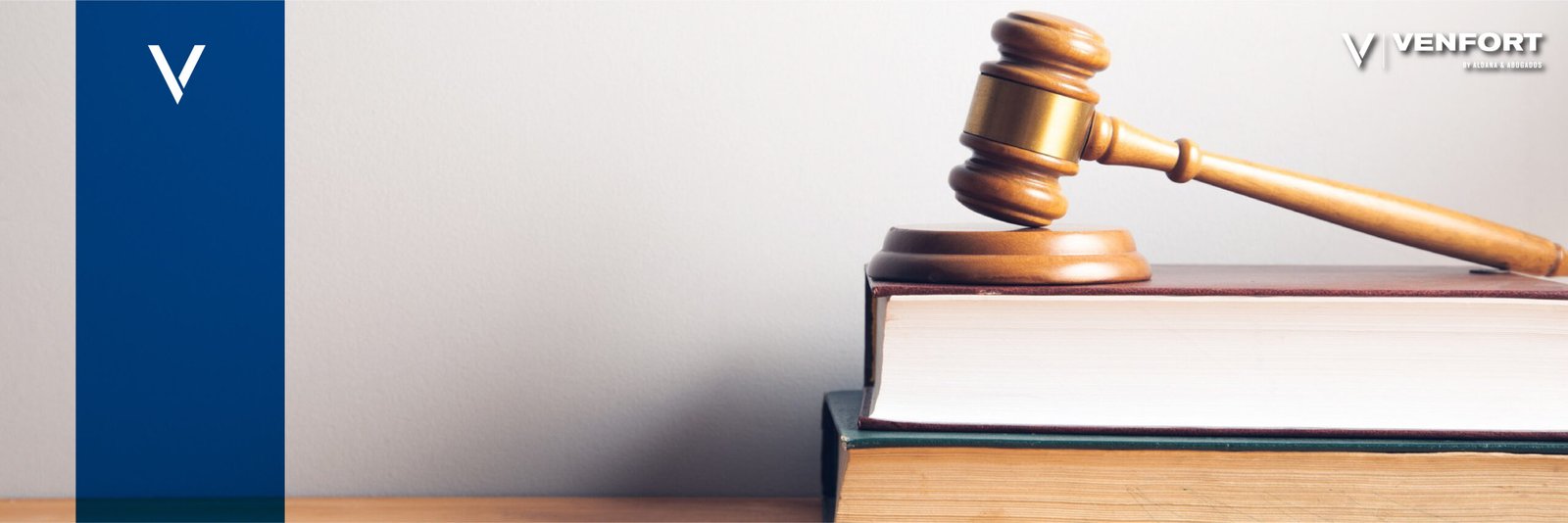Is the financial siege on Venezuela intensifying?
Is the financial siege on Venezuela intensifying? The U.S. House of Representatives, which approved Law Prohibiting Transactions and Leases with Venezuela's Illegitimate Authoritarian Regimeidentified under the special nomenclature Ley ΗΡ 825 IH and known as "Bolivar Law (LB)The Company's shares were reinstated on November 18, 2024, after being reintroduced before said office.
The Act, with bipartisan support (Democrats and Republicans), seeks to prohibit leasing operations and reinstate the sanctions dictated by the "National Defense Authorization Act" (NDAA), thus preventing the Pentagon from doing business with any company or natural person that has relations with any type of legal entity or individual related to the current Venezuelan government. Although the law was approved in the House of Representativesnow has to be approved by the SenateThe law will be enacted by the approval of the Upper House of the Senate. For its entry into force, it must be enacted by the president, depending on the timing it may be approved by the Biden administration or the Trump administration.
This law is a complement to the package of sanctions that have been imposed on the current Venezuelan government and seeks to reinforce the financial siege through pressure on third parties that could be related business or financially with the Maduro administration.
In order to clearly understand the role played by this new measure, it is important to briefly review the sanctions that have been in place, so that we can frame the effects of this measure within the general framework of all the sanctions and licenses that apply.
- Year 2015 | EO 13692: The Obama administration issued Executive Order (EO) 13692, imposing sanctions on government officials (very personal sanctions) and the Venezuelan National Petroleum Company (PDVSA). The sanctions targeted government officials with direct responsibility for human rights violations, political violence and corruption.
- Year 2017 | EO 13808: Under the Trump administration, EO 13808 was issued, prohibiting transactions by United States (U.S.) natural or legal persons related to new PDVSA debt or new equity issued by the Venezuelan government. This order prohibits the purchase by a U.S. person of most Venezuelan securities. It also closes the oil market to the U.S., which represented half a million barrels per day.
- Year 2019 | EO 13850: The US government took an even more radical stance with EO 13850, blocking all PDVSA assets and interests in PDVSA assets subject to US jurisdiction and prohibiting US persons from transacting with the oil company. PDVSA was thus prevented from engaging in financial transactions with U.S. institutions, restricting its ability to finance operations. As a consequence, the sanctions restricted PDVSA's ability to participate in the CAPEX of the joint ventures due to financing problems. Also, financial agreements based on trust accounts abroad were affected.
- Year 2019 | License No 8: By August, the Office of Foreign Assets Control (OFAC) issued temporary general licenses allowing certain transactions related to PDVSA and its subsidiaries. General License No. 8, authorized American companies to operate with the Venezuelan oil industry, among them Chevron, Halliburton, Schlumberger, Baker Hughes and Weatherford. Authorization until 27-07-2019 and thereafter until 25-10-2019.
- Year 2020 | Secondary Sanctions: Combination of several measures, first the secondary sanctions against Rosneft, second the limitation of Chevron's (CVX) oil operation. These measures combined with COVID collapse oil exports worldwide. Venezuelan oil production reaches its lowest level of 350 thousand barrels per day, comparable to that of the 1930s.
- Year 2022 | License GL41: After the Russian invasion of Ukraine, negotiations took place between Venezuela and the US, granting a new license to CVX, License GL41, issued in Nov. 2022. This license will allow CVX to operate under a new contract to export to the US and obtain operational control and cash flow. Production will increase to 155 thousand barrels per day.
- Year 2023 | License GL44: By October, we will have License GL44 as part of the Barbados negotiations. This license will suspend the sanctions imposed for a period of 6 months and will have an impact on the discounts of the crude oil exported by Venezuela. This license will not be renewed in 2024, but new specific licenses will be approved.
- Year 2024 | status quo: 3 oil licenses in force CVX, Maurel & Prom and Repsol, and in relation to gas there are 2 licenses to export gas to Trinidad with Shell (Dragon Natural Gas) and the other from Reliance.
- Year 2025 | Validity 2025: In 2024 OFAC renewed General License 41, so that CVX may continue its operations in Venezuela until April 2025, the same situation is applicable to Repsol. OFAC also extended for 6 months the license to the oil services companies Halliburton, Schlumberger Limited, Baker Hughes Holdings and Weatherford International to continue operating in Venezuela, until May 9, 2025.
Given the account of the different sanctions and licenses that have been applied throughout this time, the first thing that must be highlighted is that LB will essentially depend on the strategy set by the Department of the Treasury (DT). It is important to bear in mind that in the U.S. laws are subject not only to a judicial interpretation, but also to a much broader administrative interpretation. This means that the DT must determine which companies or activities are within the framework of the WP, having the ability to broaden the spectrum of financial restrictions, including the freezing of assets and limitations from the point of view of the international financial system. This super power allows it to determine quite autonomously and specifically which companies or individuals should be sanctioned.
The regulations also provide for certain exceptions to operate with the Venezuelan administration in favor of U.S. strategic interests. This would be the case of an entity or natural person that has a valid license to operate in Venezuela, issued by OFAC as in the case of CVX or contracts that support the activities of the American administration in Venezuela, such as the maintenance of its facilities, an example being the embassy located in Caracas.
Regarding the definition of business given by the WP, it should be understood as: "acquisition, development, maintenance, appropriation, sale, possession, lease or operation of equipment facilities, personnel, products, services, real and personal property or any other apparatus of business or commerce.". On the other hand, it leaves open the possibility of framing any other act not considered in the Law that by its nature can be considered as business. Also, the WP establishes exceptions in humanitarian matters in events where urgent measures are required to save lives.
The U.S. government has been taking a calculated risk for its geopolitical interests in energy given international developments in Ukraine and the Middle East. Sanctions relief in the oil and gas sector continues, primarily benefiting U.S. and European companies seeking to recover funds owed to PDVSA.
The LB does not seem to affect the status quo In fact, other exceptions could be made in the future, and they could be applied as long as they are in tune with American energy interests at the international level. On the other hand, the Law forms part of yet another gear within the structure of pressure to cut financial resources that could give economic oxygen to the Venezuelan government. Every day the scope of this sanctioning fabric will grow to subjects that do not fall within the few exceptions that could justify a relationship with the Venezuelan government as we have seen in this article.
For expert advice on energy contracts, VENFORT ABOGADOS offers its in-depth knowledge and experience, inviting consultations to maximize benefits and comply with environmental and fiscal regulations, ensuring success in the competitive energy market.













